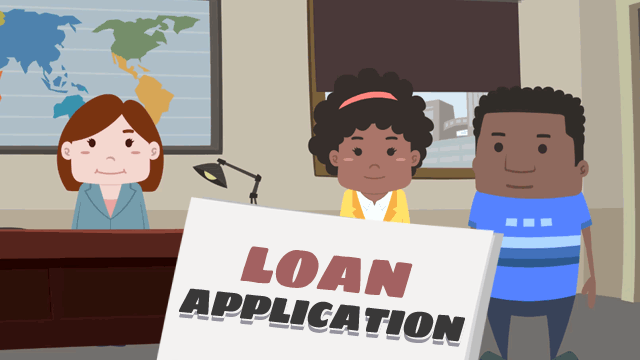Buying a Farm Residence With An FHA Residential Real Estate Mortgage
December 4, 2024
Borrowers who want to buy a farm residence are in luck with the FHA loan program, which includes options to purchase farm residences.
Those purchases must be made under specific conditions when the primary focus is on the residence itself. This distinction is crucial: the FHA loan program is intended to support homeownership, not business ventures.
Getting an FHA Farm Residence Loan
A successful FHA farm loan is one in which the buyer wants a home that happens to be situated on a rural property rather than trying to pay for the purchase of a working farm. For farm residence loans, the appraisal process is crucial.
While the FHA appraiser will consider the land surrounding the home, the emphasis is on its value as a residence, as mentioned above. The appraisal amount will not include its business or agricultural potential.
Things To Know
- A reasonable amount of acreage typical for a homeowner in the area will be included in the appraisal. Don’t expect more consideration than for a typical front and back yard.
- Excess farmland, barns, silos, outbuildings used for commercial farming operations, and specialized equipment are considered commercial assets and do not contribute to the appraised value for FHA loan purposes.
- Outbuildings or land areas that are intended for personal use may require you to provide documentation to support this claim.
- Beyond the appraisal, several other FHA requirements must be met. The borrower must intend to occupy the farmhouse as their primary residence. The property must also meet FHA's minimum standards for health, safety, and structural integrity requirements.
- Finally, borrowers must meet FHA's debt-to-income ratio requirements and have a credit score that meets the lender's standards.
Despite these requirements, FHA loans often have more relaxed eligibility criteria, making them accessible to a wider range of borrowers. They typically offer competitive interest rates, which can translate to significant savings over the life of the loan.
However, potential challenges and considerations should be acknowledged. FHA loans have maximum loan limits that vary by county, and these limits may be lower in rural areas, potentially impacting purchasing power.
FHA loans also require both upfront and annual mortgage insurance premiums (MIP), which increase the overall cost of the loan. Discuss your needs with a lender before committing to a farm residence loan to better know your options and obligations.

FHA Loan Articles
March 31, 2025Is 2025 the right year for you to consider an FHA streamline refinance? These mortgages are for those who want a lower interest rate, a lower monthly payment, or to move out of an adjustable-rate mortgage and into a fixed-rate loan. We examine some of the critical features of FHA streamline refinances.
March 27, 2025Did you know there are FHA loans that let house hunters buy multi-family properties such as duplexes and triplexes? FHA rules for these transactions is found in HUD 4000.1, including owner-occupancy, require that one unit serve as the borrower’s primary residence. Some house hunters ask why this rule exists. Some believe the rule serves as a lender risk mitigation strategy.
March 25, 2025What does it take to sell a house purchased with an FHA mortgage? Are there special rules, restricrtions, or added considerations? We examine some key questions and their answers to FHA real estate sales issues.
March 24, 2025If you are selling a home, you may need to negotiate with buyers to fund their purchases with an FHA mortgage. What do you, as a seller, need to know about FHA mortgages and how they may differ from conventional loans? We examine some common issues.
March 24, 2025How much do you really know about how FHA home loan interest rates are set and what factors influence them before your lender makes you an offer? We explore some key points about FHA loan rates, FICO scores, and debt ratios.







